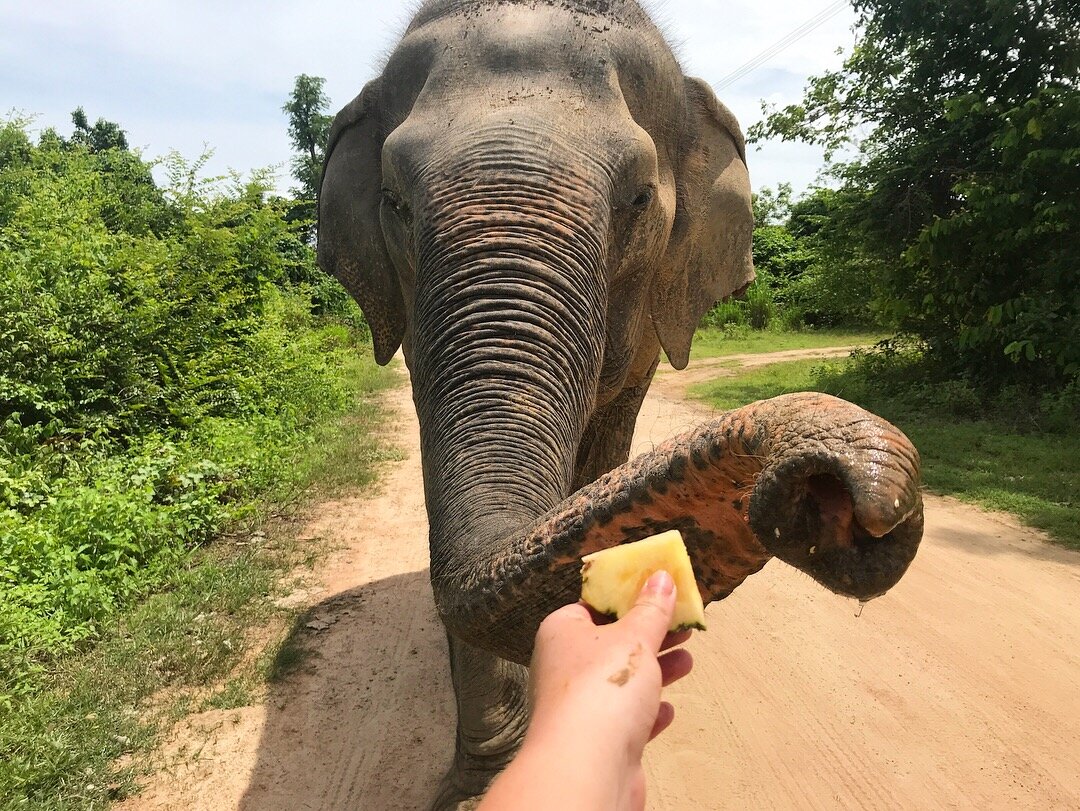Written by Julia Plasynski
Recently, there has been a mass amount of hype surrounding the new Netflix series, Tiger King. This has led to opinions circulating social media sites about how ANY type of zoo, sanctuary, or enclosure with animals is unethical and inhumane. Posts on social media are comparing COVID-19 isolation to animals being “locked in a zoo.” I can agree that I wish animals were able to live out their natural life in the wild, but protesting zoos and wildlife sanctuaries will lead to disastrous consequences. I wish there was no need for a zoo or sanctuary, but wildlife preservation in zoos is crucial to the survival of animals worldwide. As a biology and environmental studies student with a passion for wildlife conservation, I have gained knowledge, insight, and firsthand experience that has taught me the importance of these areas for animals and I hope I can provide an educated opinion on the matter.

To begin, I acknowledge that there are unethical zoos and sanctuaries, like portrayed in Tiger King and that the best zoos/sanctuaries can always be improved. I have witnessed unethical zoos/sanctuaries, circuses, tourist traps, and other horrible ways humans have gained control over animals; however, the good ones are still needed for conservation reasons. Right now, only 4% of mammals on the planet are wild. This is not because of zoos, rather this is because of deforestation or habitat loss (usually to create farmland), poaching, the introduction of invasive species, pollution, and other human impacts. So if humans have destroyed the ecosystems needed for these species to survive, aren’t we responsible for the conservation of species?

There are zoos known as “accredited zoos” meaning a group of experts in the field (people with years of experience in animal management, veterinary science, conservation, and others) approve the zoo and recognize it as meeting specific standards. An accreditation status of a zoo can provide you with information about their research and conservation efforts, breeding rules, enrichment and contact provided by the staff, and other useful details about how the zoo is managed. In the summer of 2019, I interned in a conservation genomics research laboratory at Duquesne University with Dr. Jan Janecka. They use noninvasive approaches to study the genetics of big cats for conservation reasons, especially as climate change continues to change habitats for wild cats. In order to study these cats, we needed to have blood samples. We obtained blood samples from accredited zoos, such as the Pittsburgh Zoo and PPG Aquarium. Without these zoos and the ability for them to aid us, wildlife research would be extremely more challenging. In addition to wildlife research, good zoos provide other important factors, such as education, breeding programs to maintain or increase populations, funding for conservation, and other benefits.

Wildlife sanctuaries that are successfully run are extremely important for the care of many species. I have had experience volunteering at multiple different sanctuaries around the world and have seen some of the best and worst conditions for animals. For example, my best experience has been at an animal rescue center and elephant sanctuary in Thailand. The animals brought here were rescued from the illegal pet trade or elephant riding for tourists (two things I disagree with wholeheartedly). These animals have been tortured and some left injured, blind, and limbless, and are now living the rest of their life in this sanctuary. Personally, I believe this is the best option for animals like this. However, there are bad sanctuaries, and finding one that does not breed for photo opportunities, gives the animals a fulfilling life, adequate space, enrichments, and proper nutrition can be challenging.

Overall, it is up to the individual to research and educate oneself on which facilities to support. Personally, I research online, talk to others who have visited the facility, and talk to staff before investing in an experience. After everything I have learned and specifically my experiences in these different zoos and sanctuaries, I have decided to work in wildlife conservation for my future career and I hope it can inspire others to do the same.
Check out my Instagram page where I share more information: @julias_footsteps


